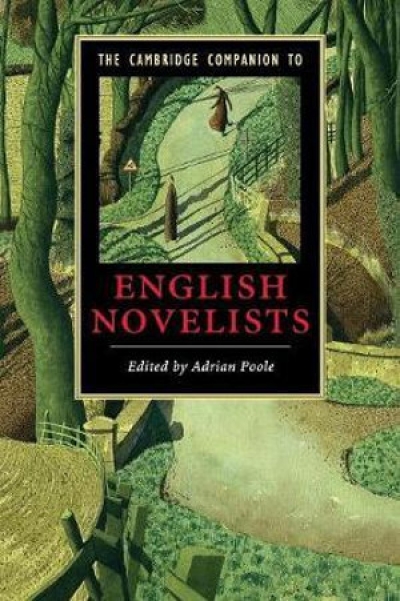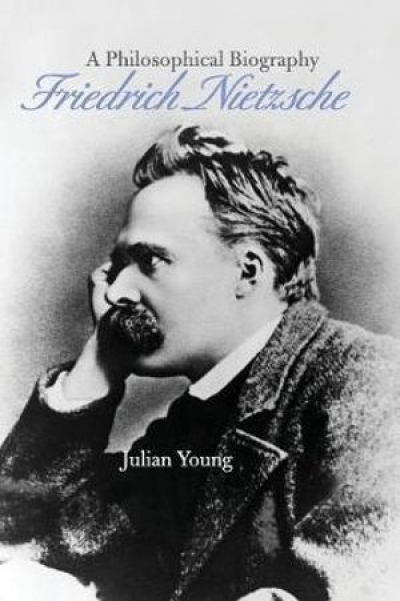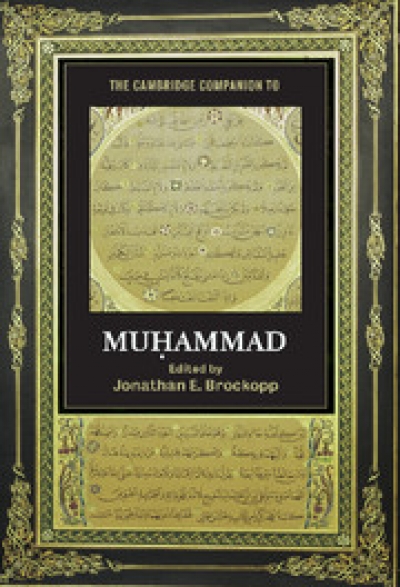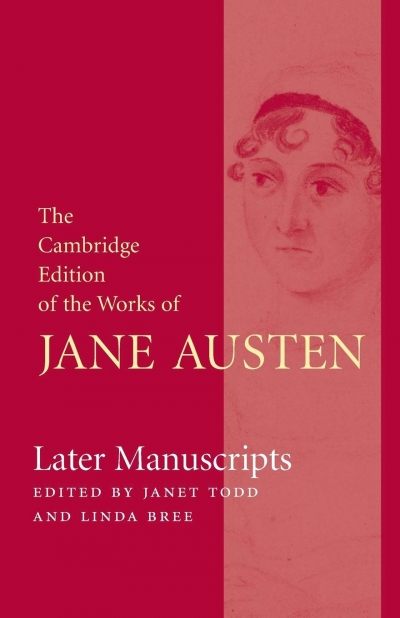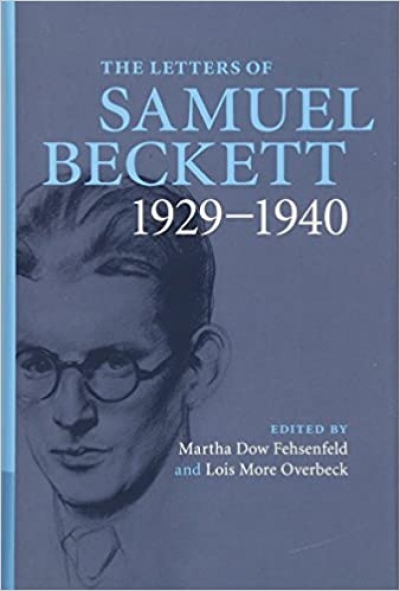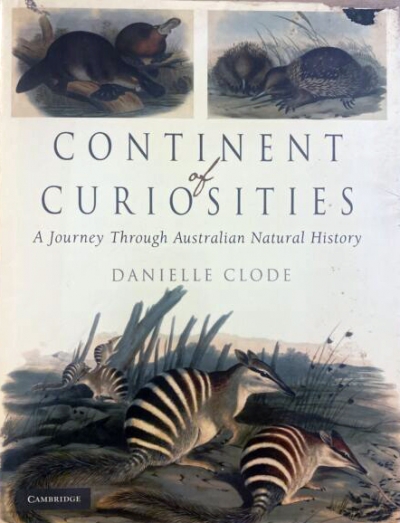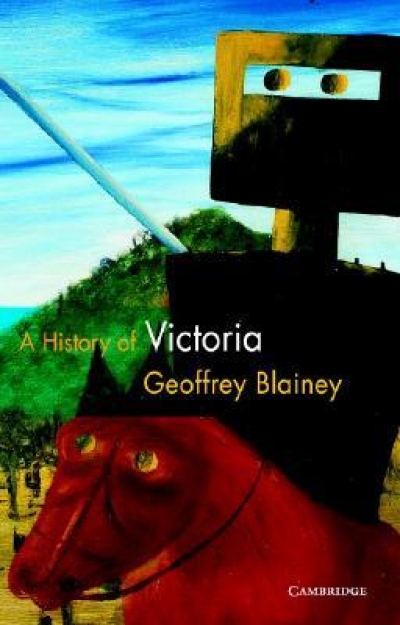Cambridge University Press
The Cambridge Companion to English Novelists by Adrian Poole & The Cambridge Companion to the Twentieth-Century English Novel edited by Robert L. Caserio
by Sarah Kanowski •
Friedrich Nietzsche: A Philosophical Biography by Julian Young
by Jack Reynolds •
Irfan Ahmad: The Cambridge Companion to Muhammad by Jonathan E. Brockopp
by Irfan Ahmad •
Colonial Voices: A Cultural History of English in Australia 1840—1940 by Joy Damousi
by Bruce Moore •
Later Manuscripts: (The Cambridge Edition of the Works of Jane Austen) edited by Janet Todd and Linda Bree
by Graham Tulloch •
Australian Peacekeeping: Sixty years in the field edited by David Horner, Peter Loney and Jean Bou
by Alex Bellamy •
The Letters of Samuel Beckett, Vol. 1: 1929–1940 edited by Martha Dow Fehsenfeld and Lois More Overbeck
by James Ley •
Continent of Curiosities: A journey through Australian natural history by Danielle Clode
by Peter Menkhorst •
An earlier version of this history of Victoria first appeared in 1984 as Our Side of the Country. Though for the past sixteen years Sydney-born politicians Paul Keating and John Howard have usurped Victoria’s former almost constant ‘top position’ in Canberra, the possessive pride reflected in that early title still runs through this modern version ...
... (read more)
